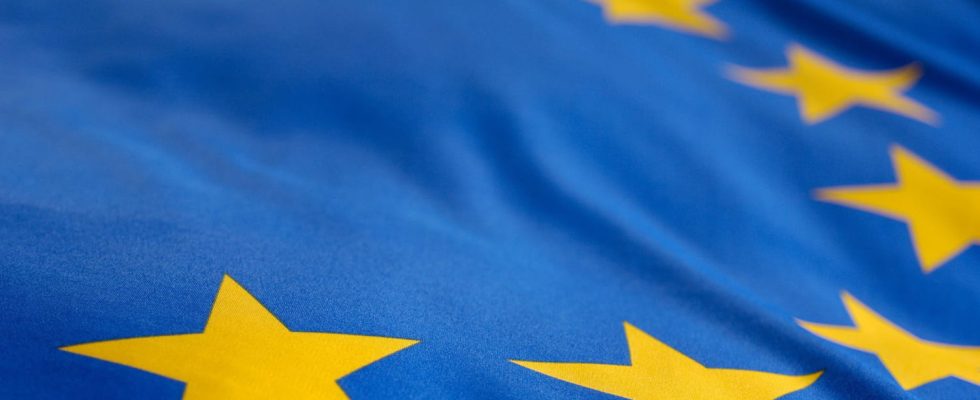A few days before the publication of the list of “access controllers” under the DMA, Microsoft and Apple are seeking to remove Bing and iMessage from the constraints imposed by the new European regulations.
The digital giants can tremble! On September 6, 2023, the European Commission will unveil the list of major tech companies that must comply with the Digital Markets Act (DMA), new legislation regulating digital markets, particularly in terms of competition and user safety. Suffice to say that this is not good news for the nominees, who have every interest in escaping this categorization and the legislative constraints it engenders. While companies have until March 2024 to comply with the DMA, or face penalties of up to 10% of their total global revenue, negotiations are well underway behind the scenes to know who will or will not be on the famous list of “gatekeepers” (gatekeepers).
THE FinancialTimes reveals that Microsoft and Apple are going all out. While the apple company has admitted to being an access controller for the vast majority of its products and services, it is currently fighting to escape iMessage from European legislation, while the Redmond firm seeks to preserve it. its Bing search engine. Their argument? Their services would not be popular enough to meet the criteria set by the European Union.
DMA: constraints for access controllers
The purpose of the DMA is to provide a better framework for digital companies, in particular the GAFAMs – for Google (Alphabet), Apple, Facebook (Meta), Amazon and Microsoft – and their activities in the European Union, in order to prevent abuse due to their dominant position. Thus, it must make it possible to fight against anti-competitive practices, to prevent these companies from favoring their own services to the detriment of other market players, to encourage innovation and to better protect users and consumers (see our article ).
The scope of intervention of the new European legislation concerns the vast majority of digital services, including search engines, social networks, online video sharing platforms, operating systems – including connected televisions –, instant messaging, virtual assistants, online storage (cloud), web browsers, application stores, online advertising services and intermediation services – marketplaces, application stores, etc. The DMA targets what the Commission calls “access controllers”, i.e. companies that meet the following criteria:
- They provide one or more essential platform services in at least three European countries;
- Their annual turnover exceeds 7.5 billion dollars in the European Union where they have a market capitalization of at least €75 billion ;
- They have at least 45 million active users per month within the European Union.
Microsoft and Apple: exceptions for Bing and iMessage?
There’s no denying that Microsoft and Apple meet the first two criteria, so it all hinges on the last one. So, do Bing and iMessage have over 45 million monthly active users? Despite all its efforts to compete with Google by integrating more and more AI, Bing only represents 3% of the search engine market. Also, the Redmond firm pleads the fact that by complying with the same regulations as its rival, Bing would have no chance of surviving, since it would be greatly disadvantaged compared to Google, whose use is much more widespread.
If we can understand Microsoft’s reasoning, it seems much more complicated for Apple to apply the same argument to iMessage. Indeed, it is pre-installed on all iPhones and mandatory for SMS management. However, if the firm does not communicate official figures, the Financial Times estimates that Apple accounts for 25% of smartphone sales in Europe, for a total market estimated at 200 million smartphones in 2021. This means that this year alone, the company would have sold some 50 million devices on the Old Continent. Suffice to say that we wonder how iMessage can have less than 45 million active users… The stakes are colossal for Apple, because if its instant messaging service was listed as gatekeeper, he would be forced to open it to the RCS (Register of Commerce and Companies). In short, everything it has been trying to avoid for many years, especially since these famous blue bubbles, as opposed to Android’s green bubbles, are a strong marker of differentiation, including social, compared to the competition. (see our article). Already the DMA forces it to open iOS to third-party application stores…
Microsoft and Apple have until tomorrow to convince the authorities. Once services considered gatekeepers are appointed, companies will have six months to become DMA compliant. We should find the services of Google, Amazon, Microsoft with Windows, but also Meta, ByteDance with TikTok or Samsung.
